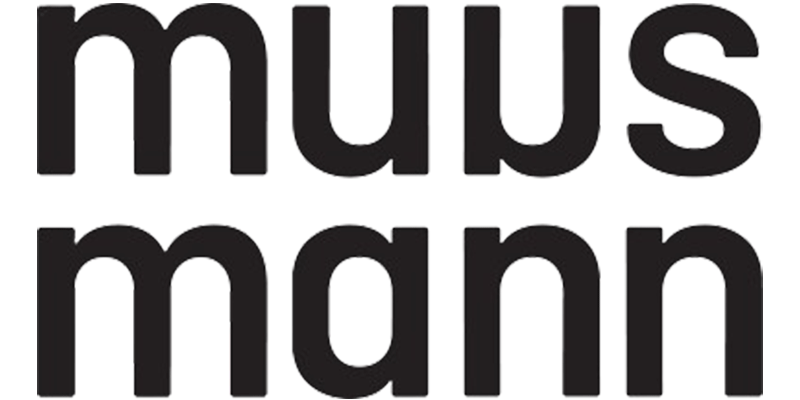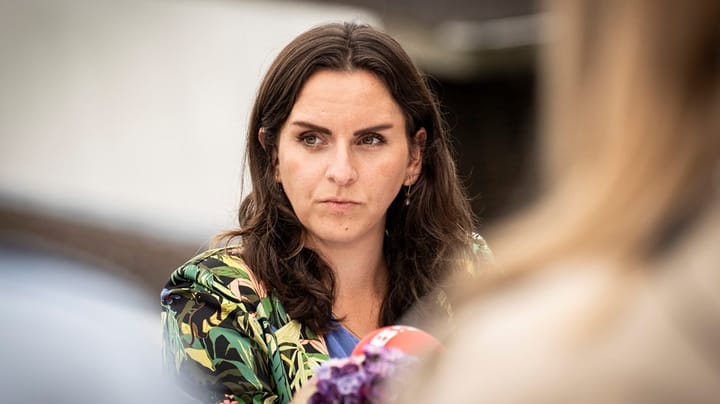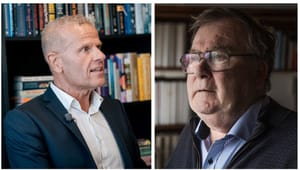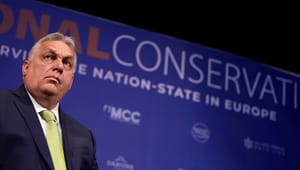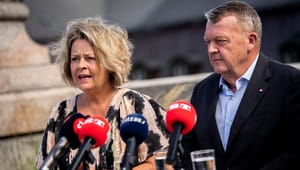EU modtager Nobels fredspris

Ninna Obelitz Rode
Researcher
Klokken 11 fredag gik dørene op på Nobelinstituttet i Norge, hvor EU blev kåret som modtager af Nobels fredspris.
EU har været nomineret gentagne gange og var i år igen iblandt favoritterne. Da beslutningen i år skulle træffes, var det en enstemmig komité, som stod bag beslutningen. Det bekræfter Nobelkomitéens leder, Thorbjørn Jagland, over for NRK.
En af grundene til at Nobels fredsprisen i år går til EU begrundes dels ud fra, at et kriseramt Europa trænger til lederskab og opmuntring.

Derudover har Nobelkomitéens sekretær Gei Lundestad, som også for et par år siden mente, at EU skulle have prisen, tidligere udtalt til NRK, at EU ikke alene har sørget for fransk-tysk forsoning, men også har hjulpet til med at konsolidere demokratiet i Europa og bidraget til at trække de centrale østeuropæiske lande med ind i et tæt samarbejde med resten af Europa.
The Nobel Peace Prize for 2012
The Norwegian Nobel Committee has decided that the Nobel Peace Prize for 2012 is to be awarded to the European Union (EU). The union and its forerunners have for over six decades contributed to the advancement of peace and reconciliation, democracy and human rights in Europe.
In the inter-war years, the Norwegian Nobel Committee made several awards to persons who were seeking reconciliation between Germany and France. Since 1945, that reconciliation has become a reality. The dreadful suffering in World War II demonstrated the need for a new Europe. Over a seventy-year period, Germany and France had fought three wars. Today war between Germany and France is unthinkable. This shows how, through well-aimed efforts and by building up mutual confidence, historical enemies can become close partners.
In the 1980s, Greece, Spain and Portugal joined the EU. The introduction of democracy was a condition for their membership. The fall of the Berlin Wall made EU membership possible for several Central and Eastern European countries, thereby opening a new era in European history. The division between East and West has to a large extent been brought to an end; democracy has been strengthened; many ethnically-based national conflicts have been settled.
The admission of Croatia as a member next year, the opening of membership negotiations with Montenegro, and the granting of candidate status to Serbia all strengthen the process of reconciliation in the Balkans. In the past decade, the possibility of EU membership for Turkey has also advanced democracy and human rights in that country.
The EU is currently undergoing grave economic difficulties and considerable social unrest. The Norwegian Nobel Committee wishes to focus on what it sees as the EU's most important result: the successful struggle for peace and reconciliation and for democracy and human rights. The stabilizing part played by the EU has helped to transform most of Europe from a continent of war to a continent of peace.
The work of the EU represents "fraternity between nations", and amounts to a form of the "peace congresses" to which Alfred Nobel refers as criteria for the Peace Prize in his 1895 will.
Oslo, 12 October 2012
















